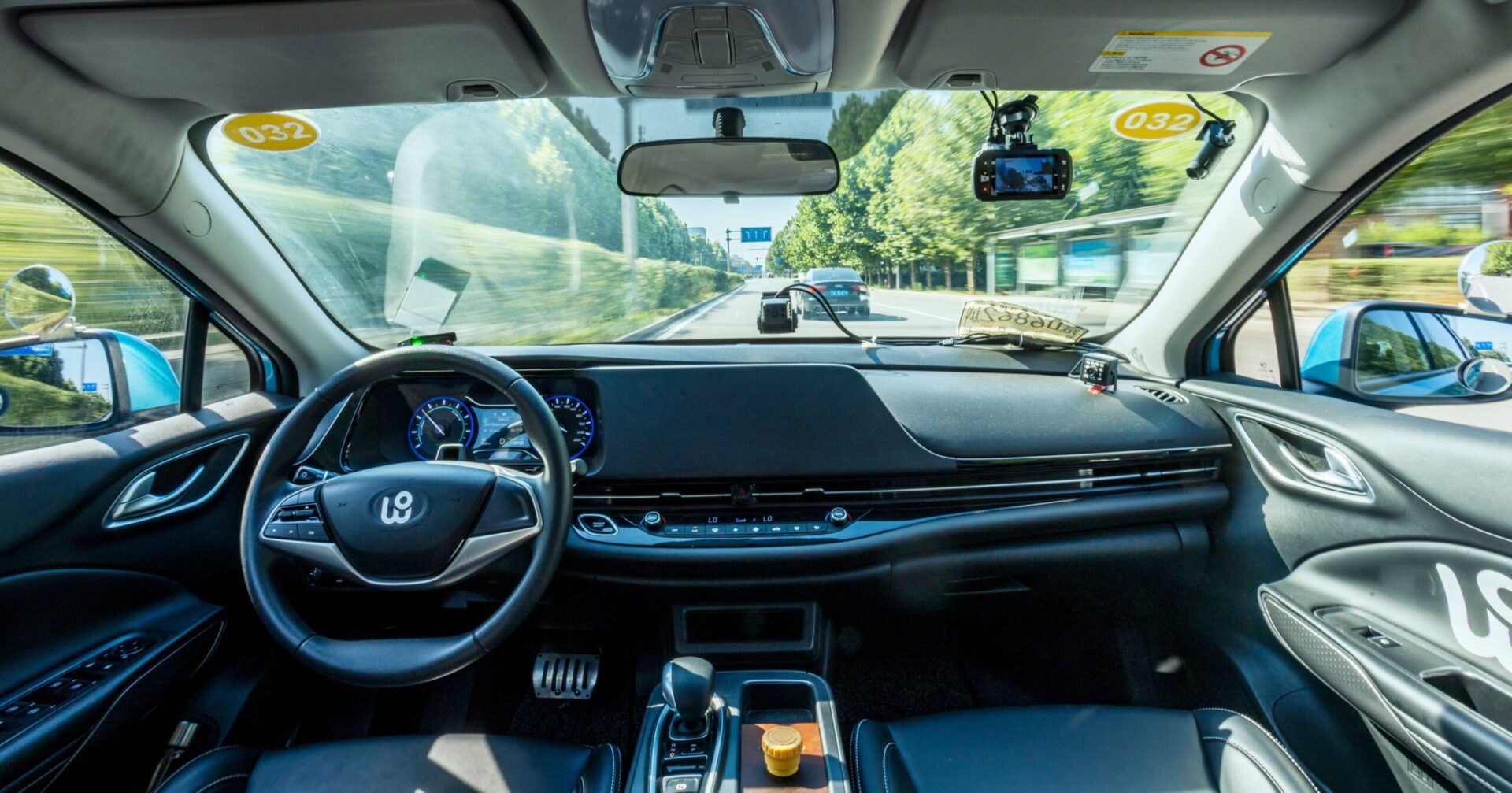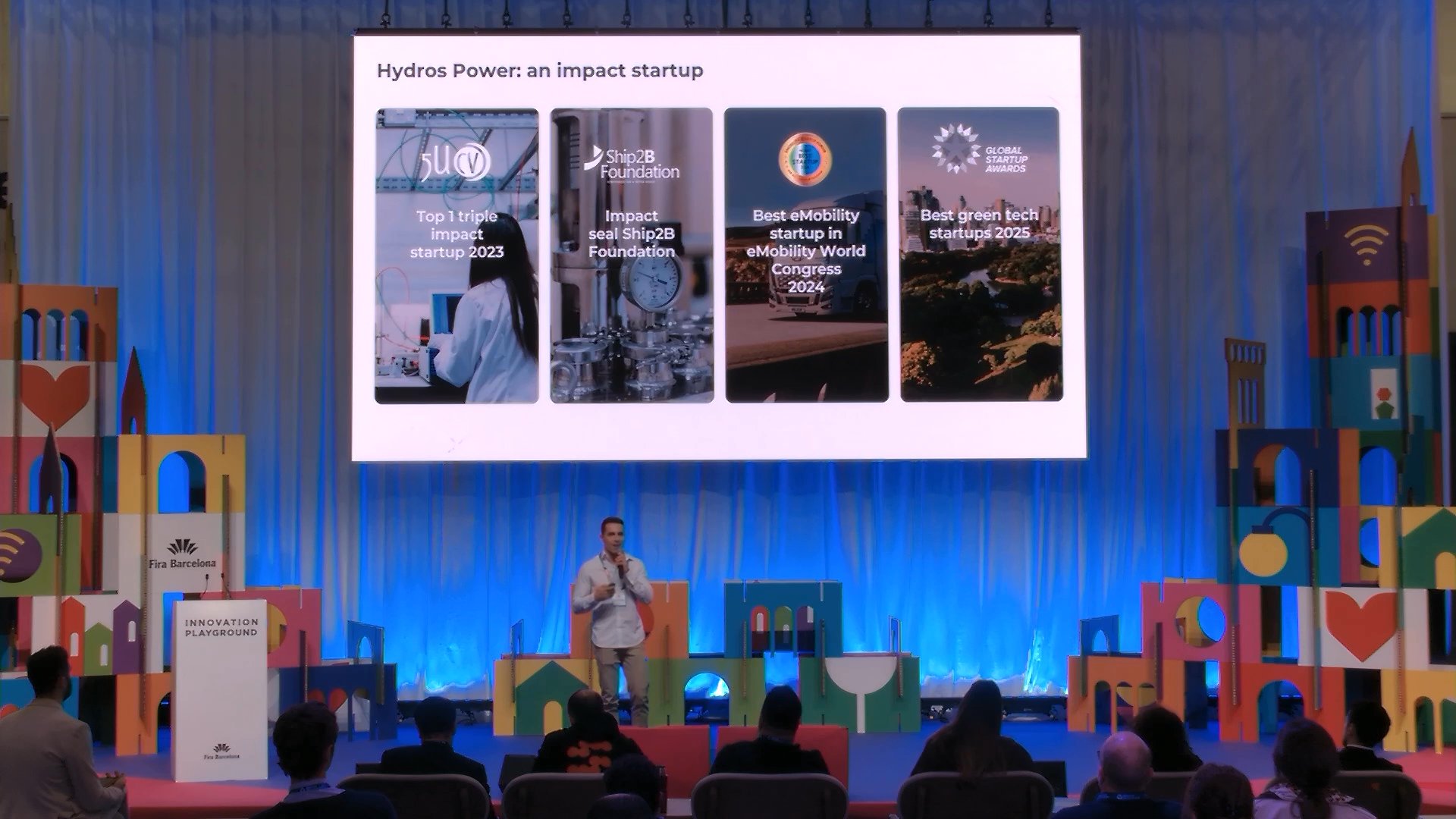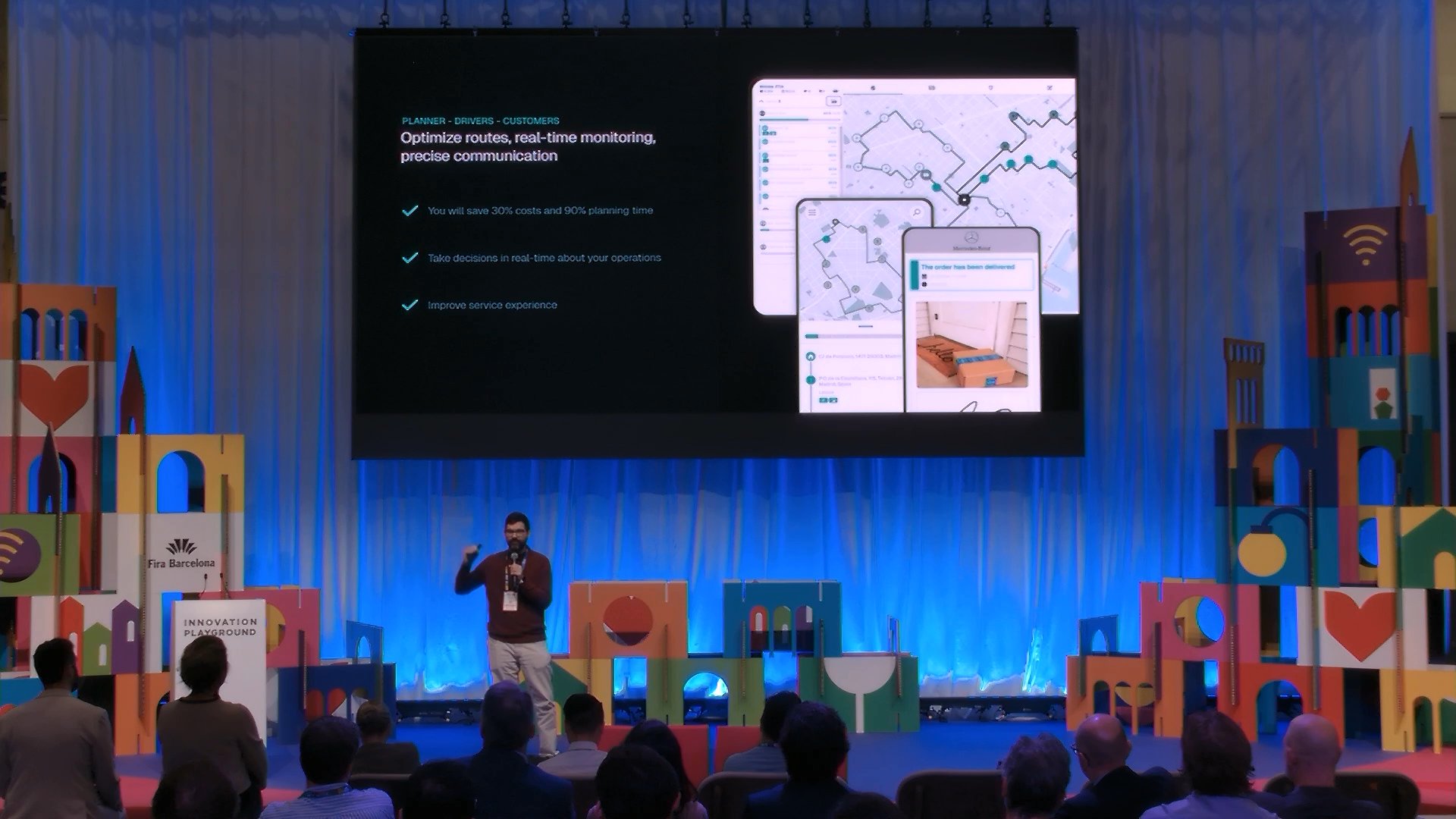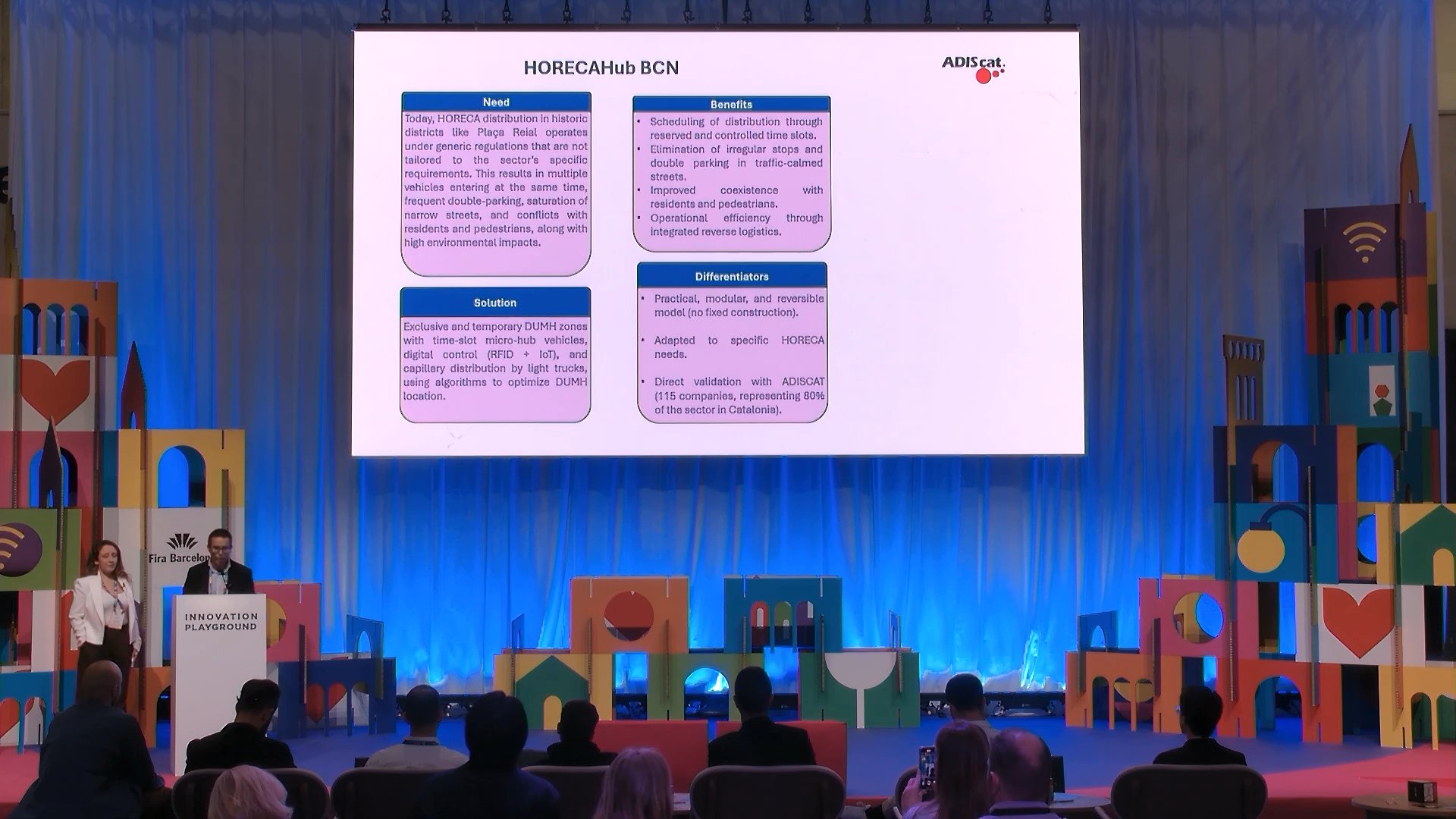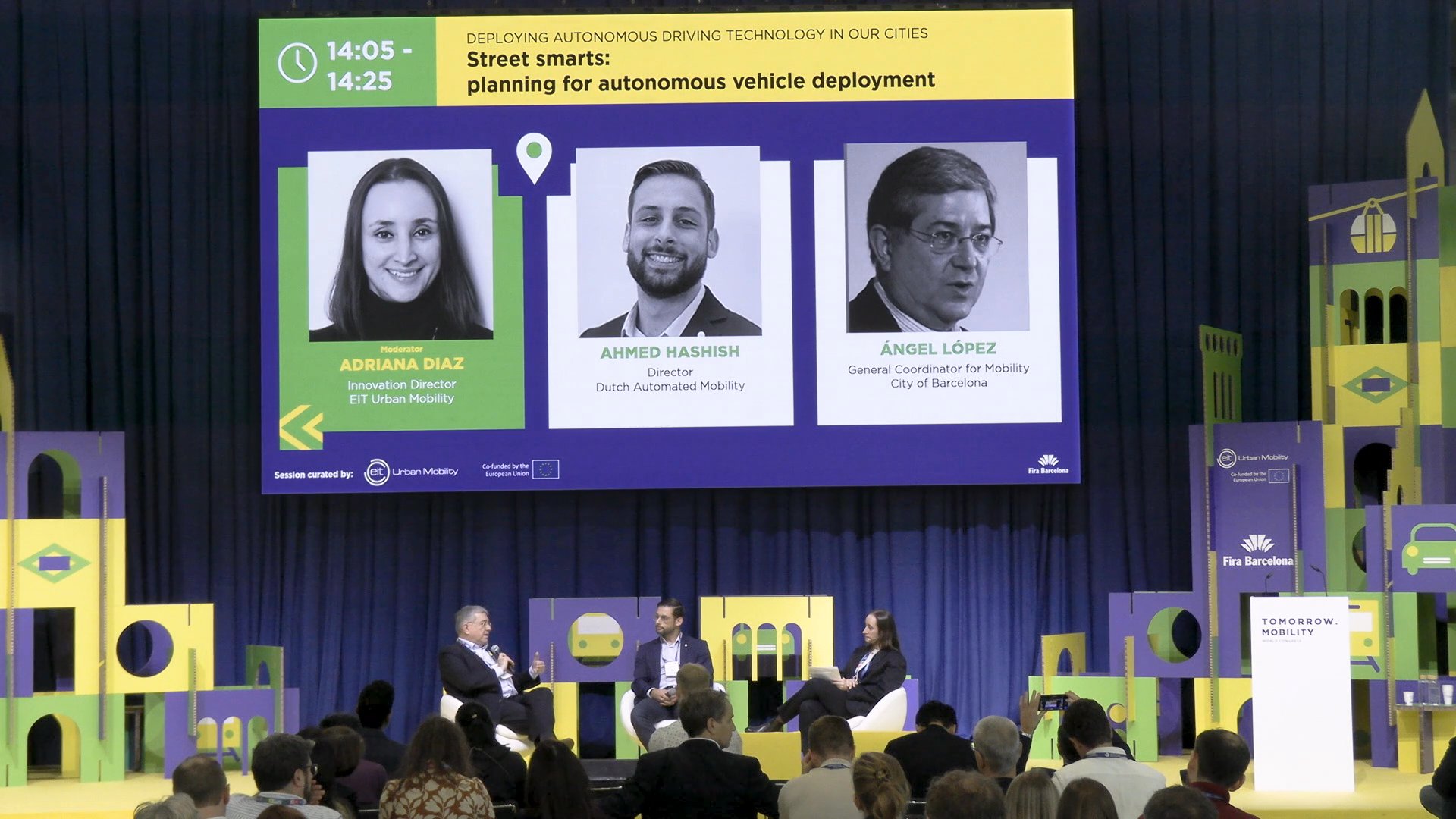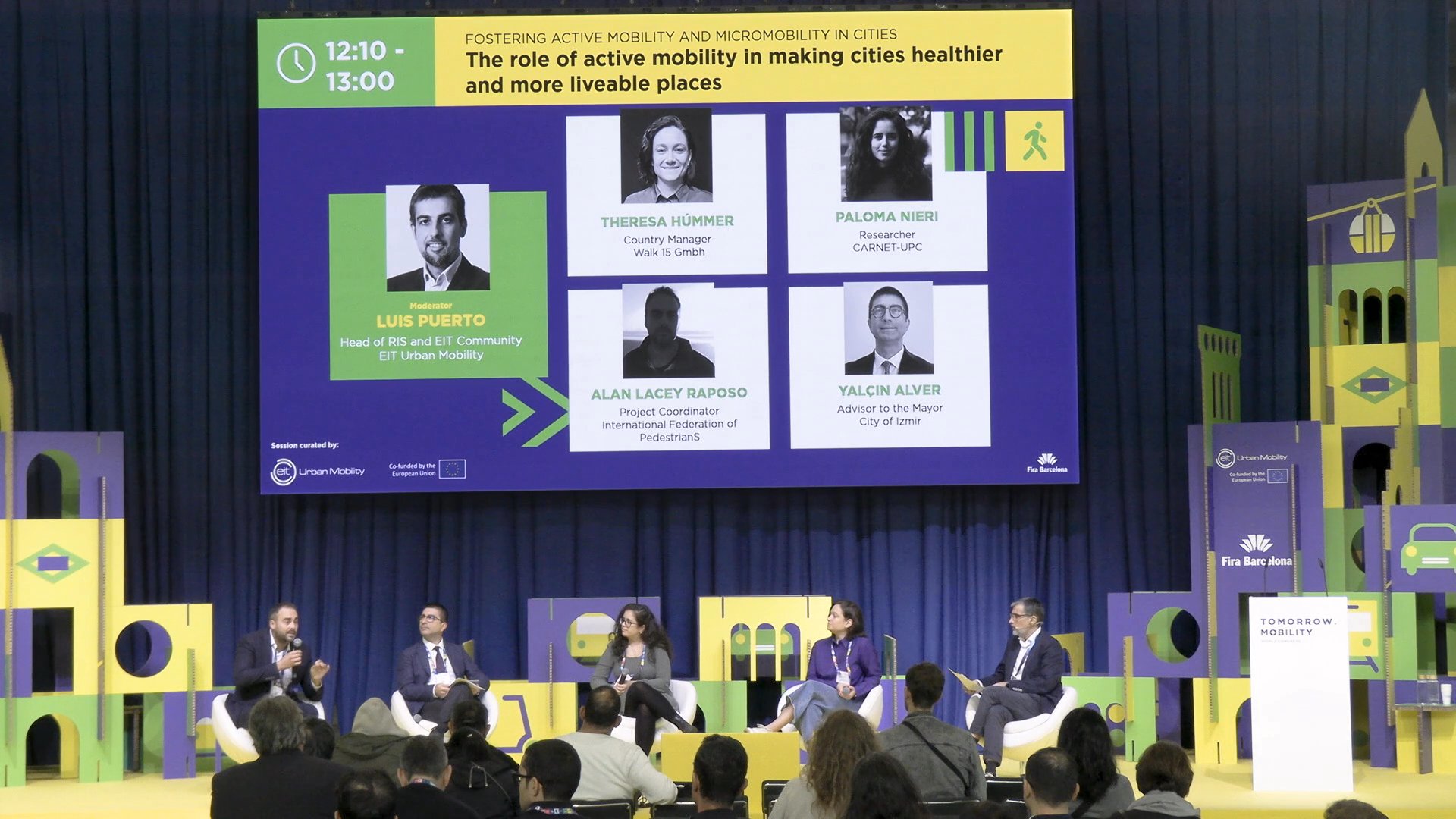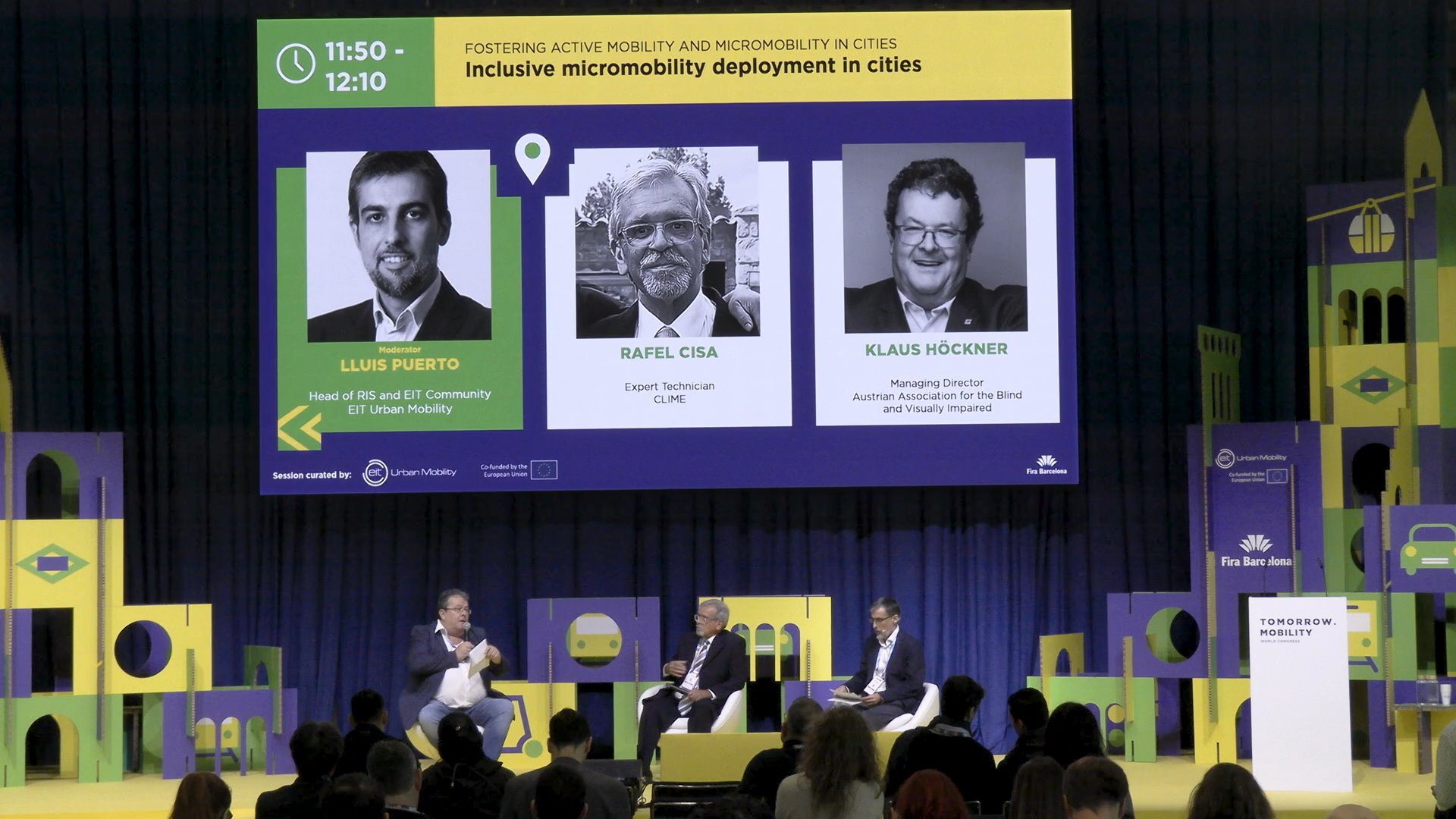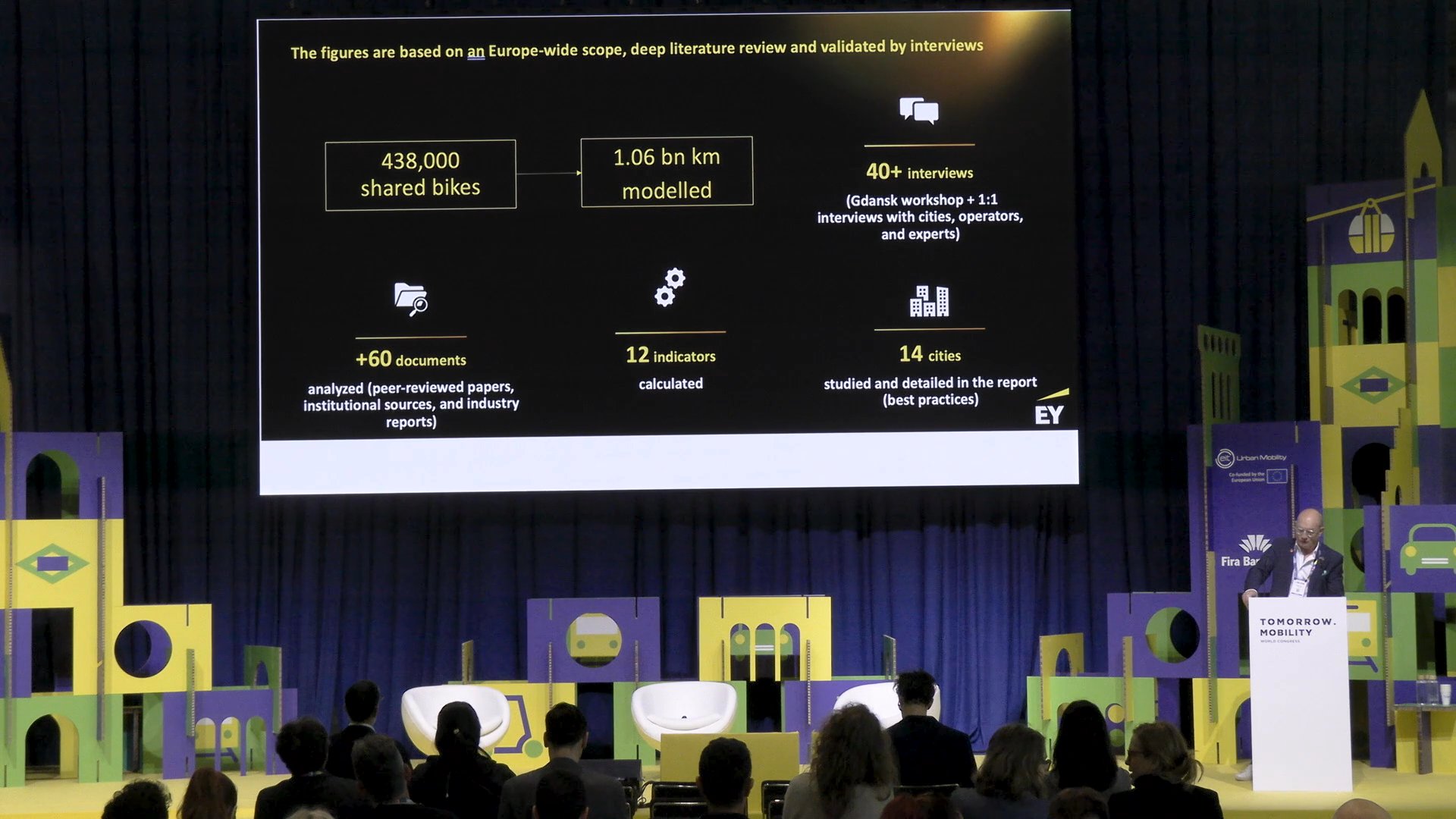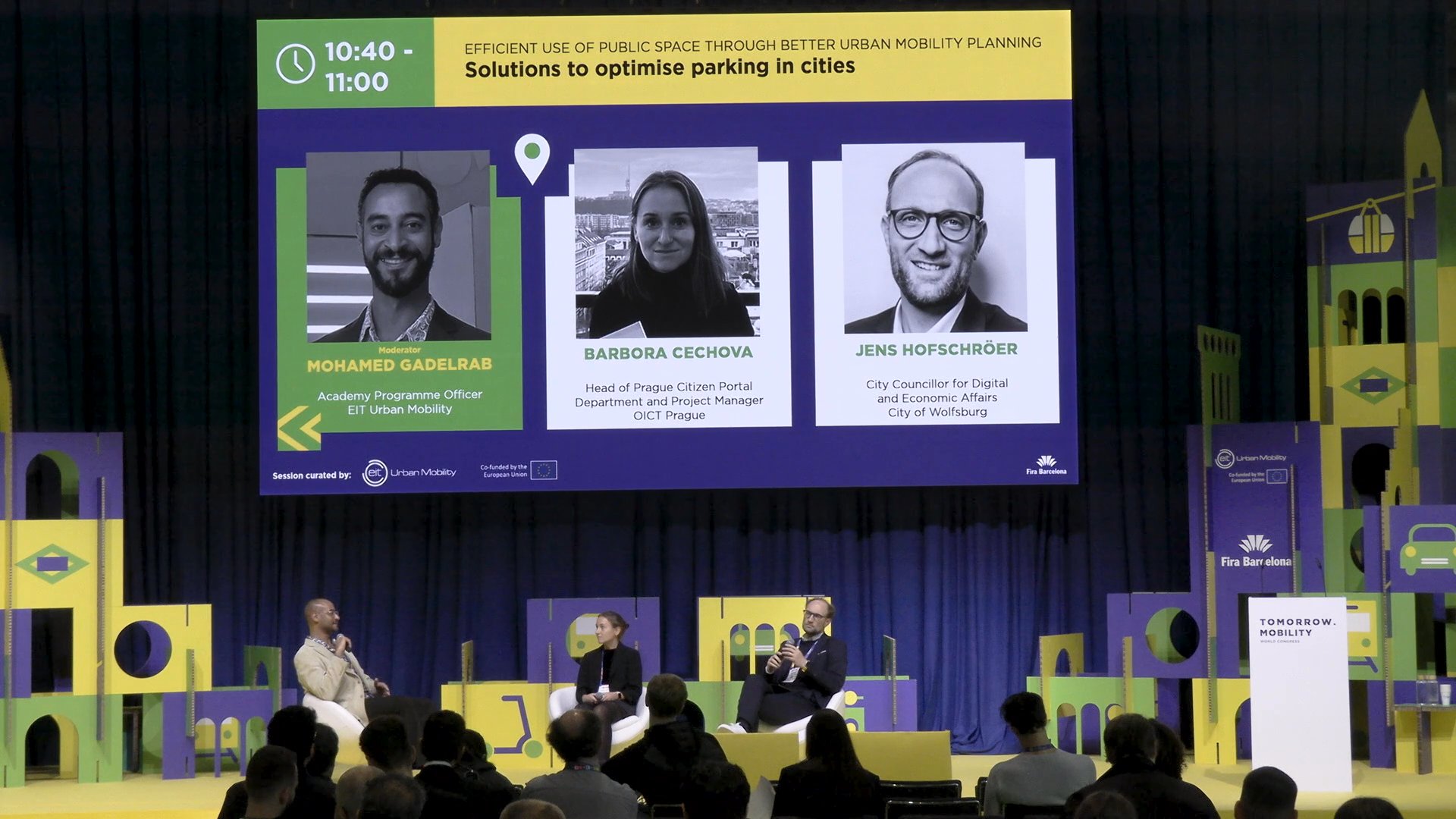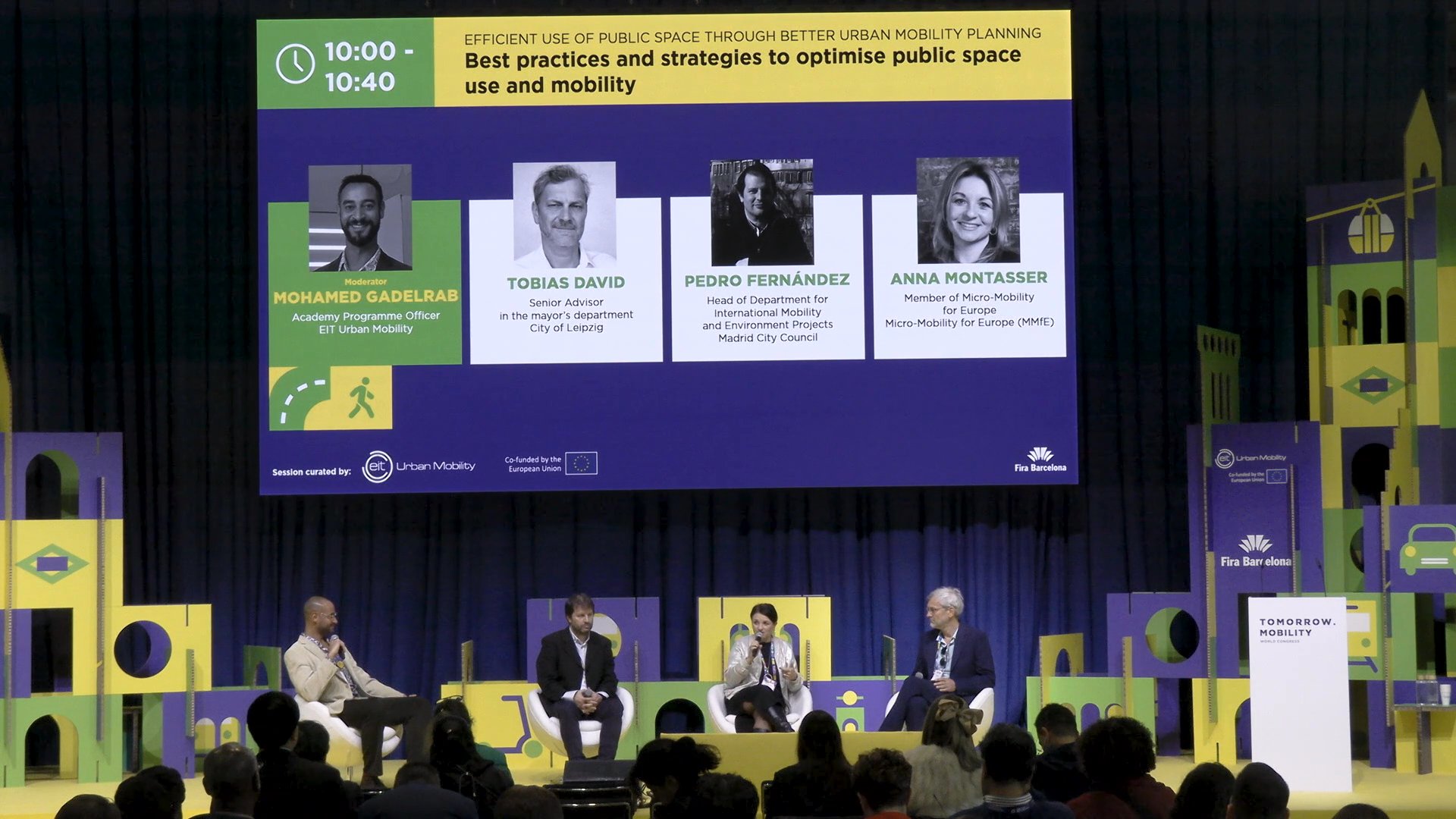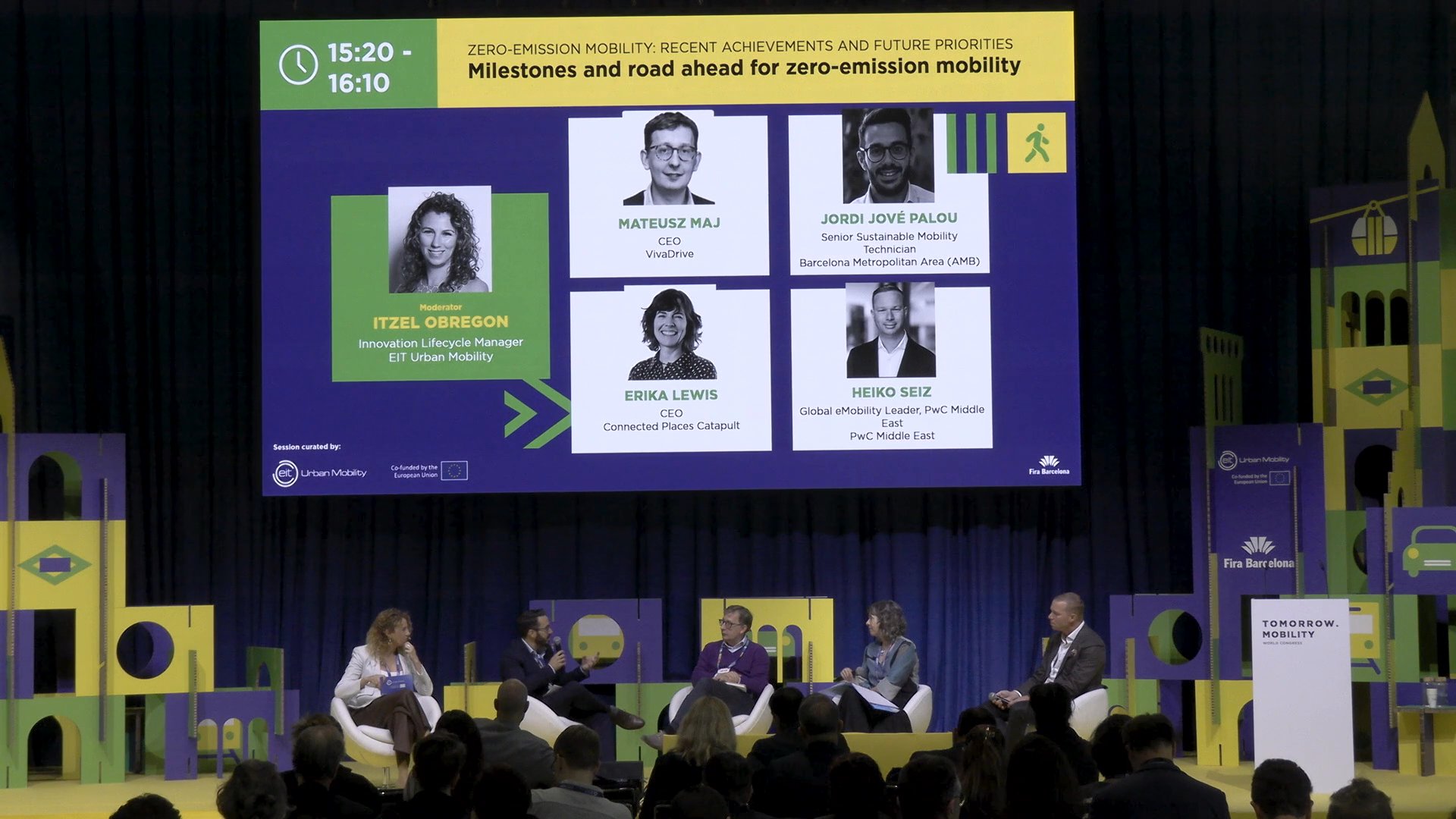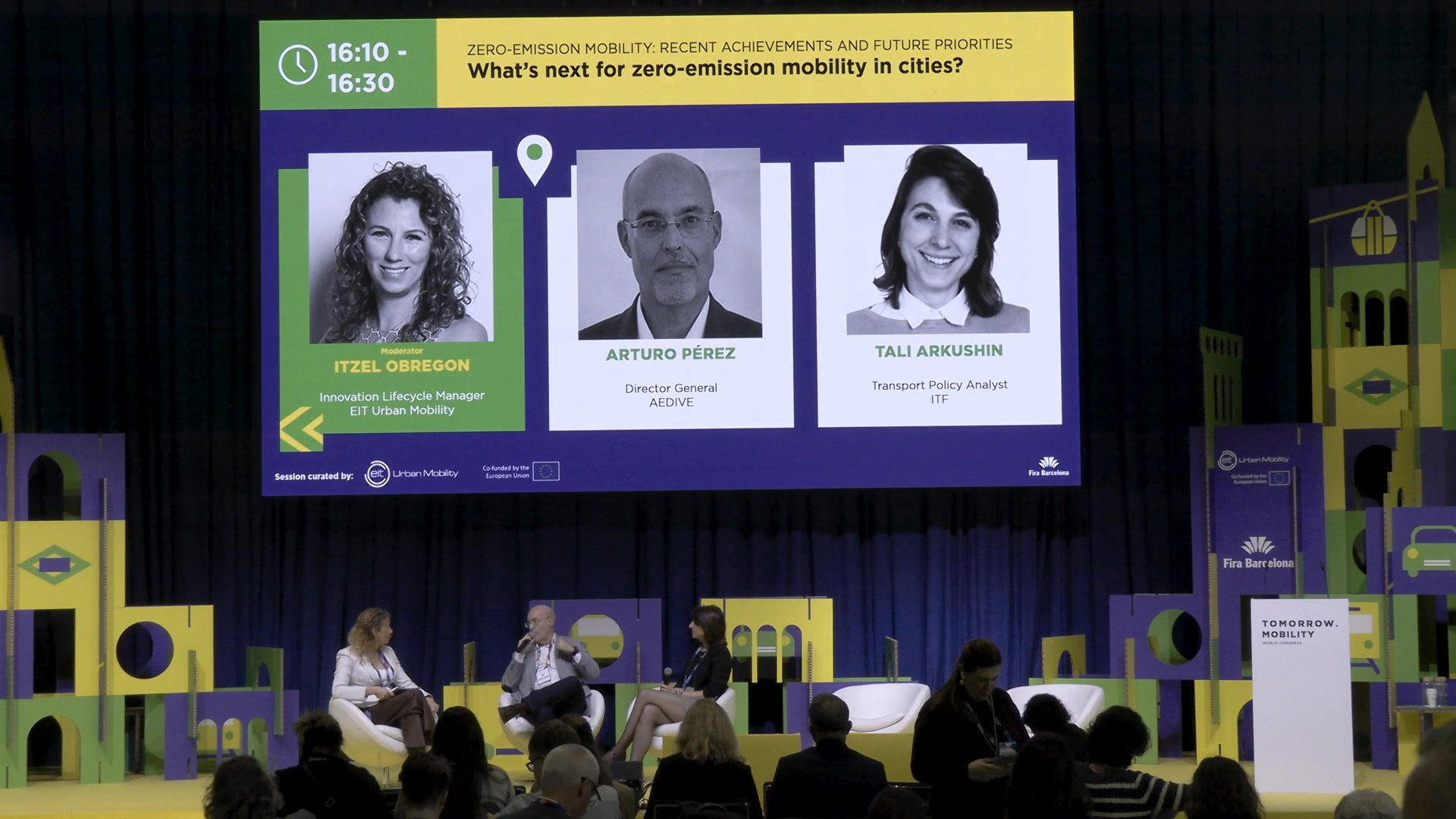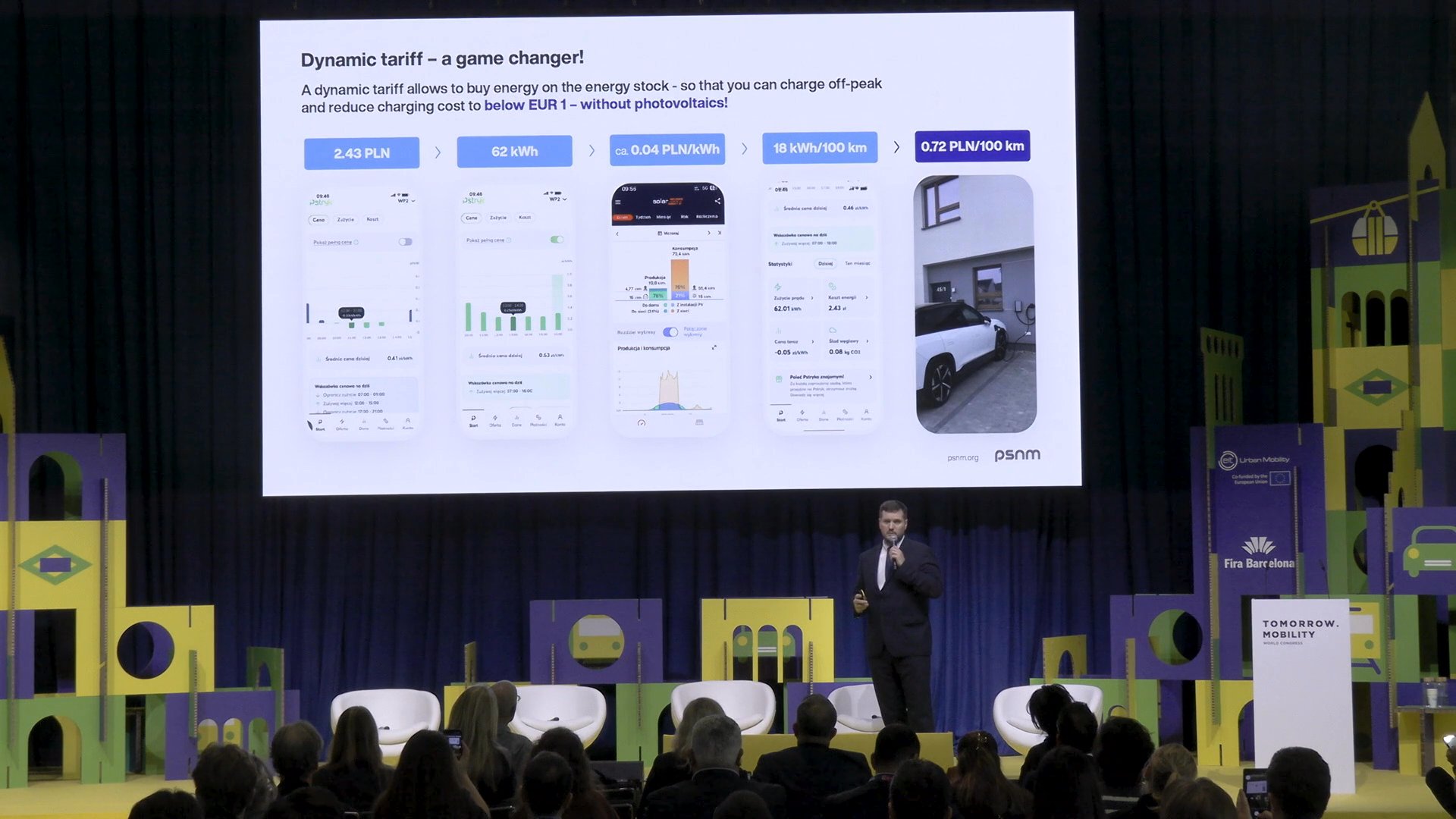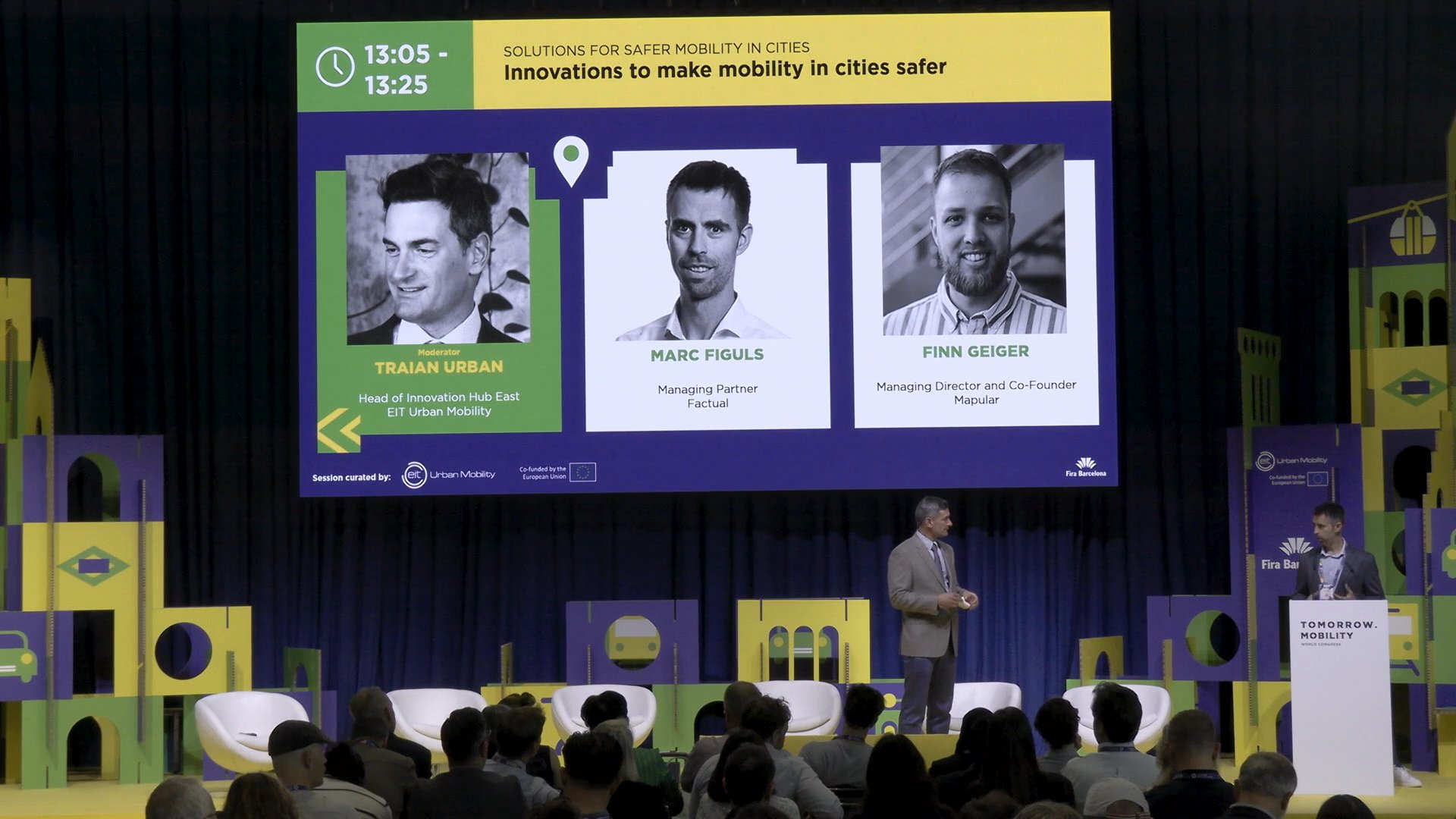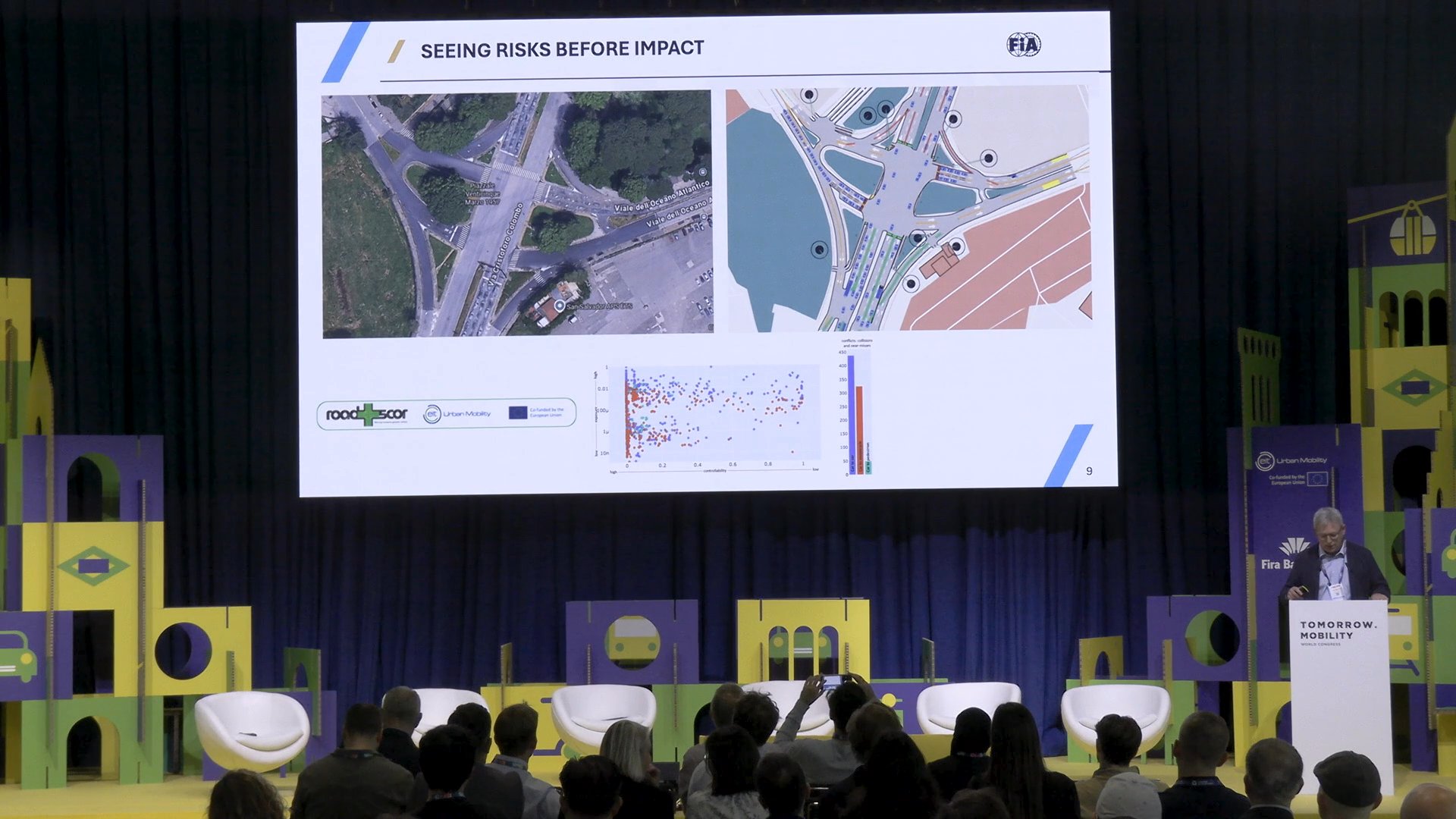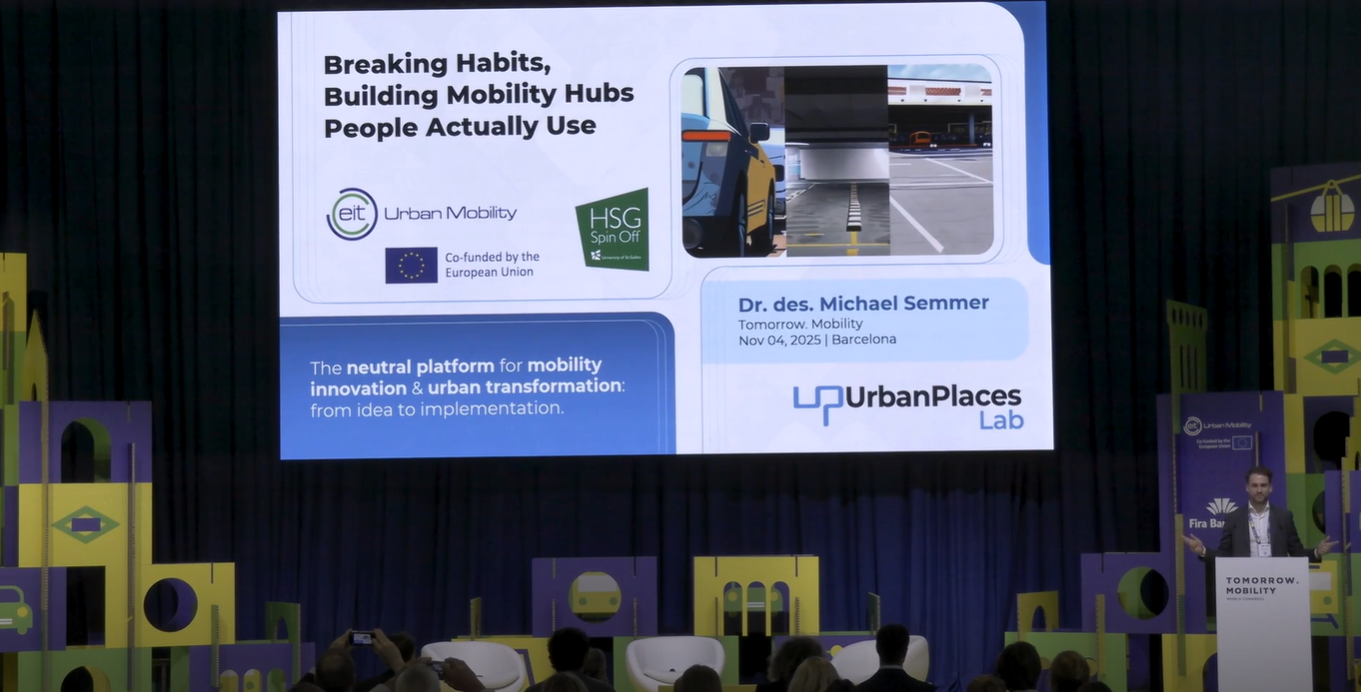Author | M. Martínez Euklidiadas
Many cities in 2018 were inundated with personal mobility vehicles rented by companies by the minute, but many gradually or abruptly disappeared, even abandoning entire fleets.
Micro-mobility, encompassing scooters, bicycles, skateboards, electric scooters, and shared bikes, has struggled to gain widespread traction. What are the obstacles? What are the main failures in terms of implementing this form of mobility, which, on the other hand, is necessary? What does micro-mobility need to improve?
Invasion of micro-mobility: the day that scooters took over the streets
Cities around the world saw how, overnight, dockless electric scooters took over the streets. According to this report, scooters went from being non-existent in 2017 to doing 38.5 million trips in the United States just one year later.
What was going to be a help for urban mobility (they take up very little space on roads and when parked, they are electric and shared) became a nightmare for pedestrians and bothersome for motorized vehicles, who felt their space had been invaded.
Not in my lane! The battle for the urban space with PMVs

Personal mobility vehicles unleashed a territorial battle in a matter of weeks. Although it is a vehicle under any definition, existing motorized vehicles were not particularly prepared to share the road with this form of transport. For many drivers, scooters have become a nuisance like bicycles or light motorcycles.
For almost all pedestrians, who saw sidewalks taken over by dozens of parked scooters, it became a problem of accessibility and even safety: when PMV drivers discovered how unsafe it was to drive with cars, they started using sidewalks, making these unsafe.
Regulations for scooters arrived ‘very’ late
Urban legislators were inundated with complaints from all sectors of the population. Car drivers were asking for them to be taken off the streets and would run over (unintentionally) PMV drivers, motorcyclists complained about them using their parking spaces, pedestrians and cyclists were injured and sent to ER or they were unable to walk along the sidewalks. This posed an added accessibility problem for visually impaired people, older people, people with reduced mobility, people pushing strollers, etc.
Furthermore, in nearly all countries, scooters were classified as bicycles in terms of specific legislation, which translates into people without any form of driving license being able to drive these vehicles, which can reach speeds of 50 km/h in many cases, carry a second passenger, ignore road signs, etc., all without having to take out third party liability insurance.
But when the regulation was published in some countries of Central Europe, the love-hate relationship with this form of transport was already being felt, and public opinion was partially against the implementation of large fleets of scooters, including mobility experts, when they discovered that scooters could substitute walking trips without attracting too many drivers.
What is the future of micro-mobility and how do regulations affect it?
Predicting the future of micro-mobility as a global trend is a futile effort, since the regulations that determine its expansion (or contraction) in the short and medium term are generally municipal, and no two cities are alike. Just as there are cities that are very open to this mode of transport, there are others that, after less than positive experiences, have begun to tackle what some regulators consider undesirable situations.
A clear example is found in Zaragoza, Spain. Although this city built in recent years an important network of bike lanes that also accommodate electric scooters, both private and provided by rental companies, it has recently been in the news for imposing a minimum age for use of 16 years and requiring insurance, not unlike a motorcycle. On top of that, anybody riding an electric scooter must be wearing a helmet.
Micro-mobility firms can do little in the face of such changes beyond lobbying and mitigating their impact as much as possible. In the case of Zaragoza, the company managing the scooter rental service will give helmets to its users at no cost.
How can micro-mobility be improved?

The main challenges facing mobility are safety, both for users and pedestrians, as well as infrastructure in cities and regulation. Certain measures have been implemented to address these challenges:
- Restrictions on companies. Micro-mobility holds significant potential for reducing traffic congestion and lowering the carbon footprint in cities, which is why measures have been established to regulate its growth and ensure sustainable development. For example, in Paris, only three micro-mobility operators are permitted, allowing the implementation of regulations such as speed limits and mandatory parking zones to better manage their operation.
- Integration of micro-mobility with public transportation. This concept, known as Mobility as a Service (MaaS), involves integrating various public and private modes of transport into a single digital platform, enabling door-to-door journeys. For example, this could involve riding a bike to the subway station or combining public transport with scooters. This integration is already underway in Europe. Countries like China, the United States, and Mexico are implementing integrated mobility cards and apps.
- Adaptation of urban space. Micro-mobility should be prioritized by reshaping urban spaces to reduce travel distances and make the use of private vehicles more expensive and less practical. Studies have shown that when cities invest in new infrastructure, such as bike lanes, the number of bike users can increase by up to 48%. Parking spaces for bikes and scooters also need to be established to prevent these vehicles from being abandoned on sidewalks.
There is no doubt that shared personal mobility vehicles, i.e. belonging to private companies operating on a rental per minute basis, could actually relieve road traffic congestions when the alternative is to go by car, although it is not really a help when those users used to walk. Finding the balance between modes of transport is one of the challenges of 21st century cities in their journey towards pedestrianization.
There is no doubt that shared personal mobility vehicles, i.e. belonging to private companies operating on a rental per minute basis, could actually relieve road traffic congestions when the alternative is to go by car, although it is not really a help when those users used to walk. Finding the balance between modes of transport is one of the challenges of 21st century cities in their journey towards pedestrianization.
Images | Ernest Ojeh, Jonas Jacobsson, Cameron Edwards





